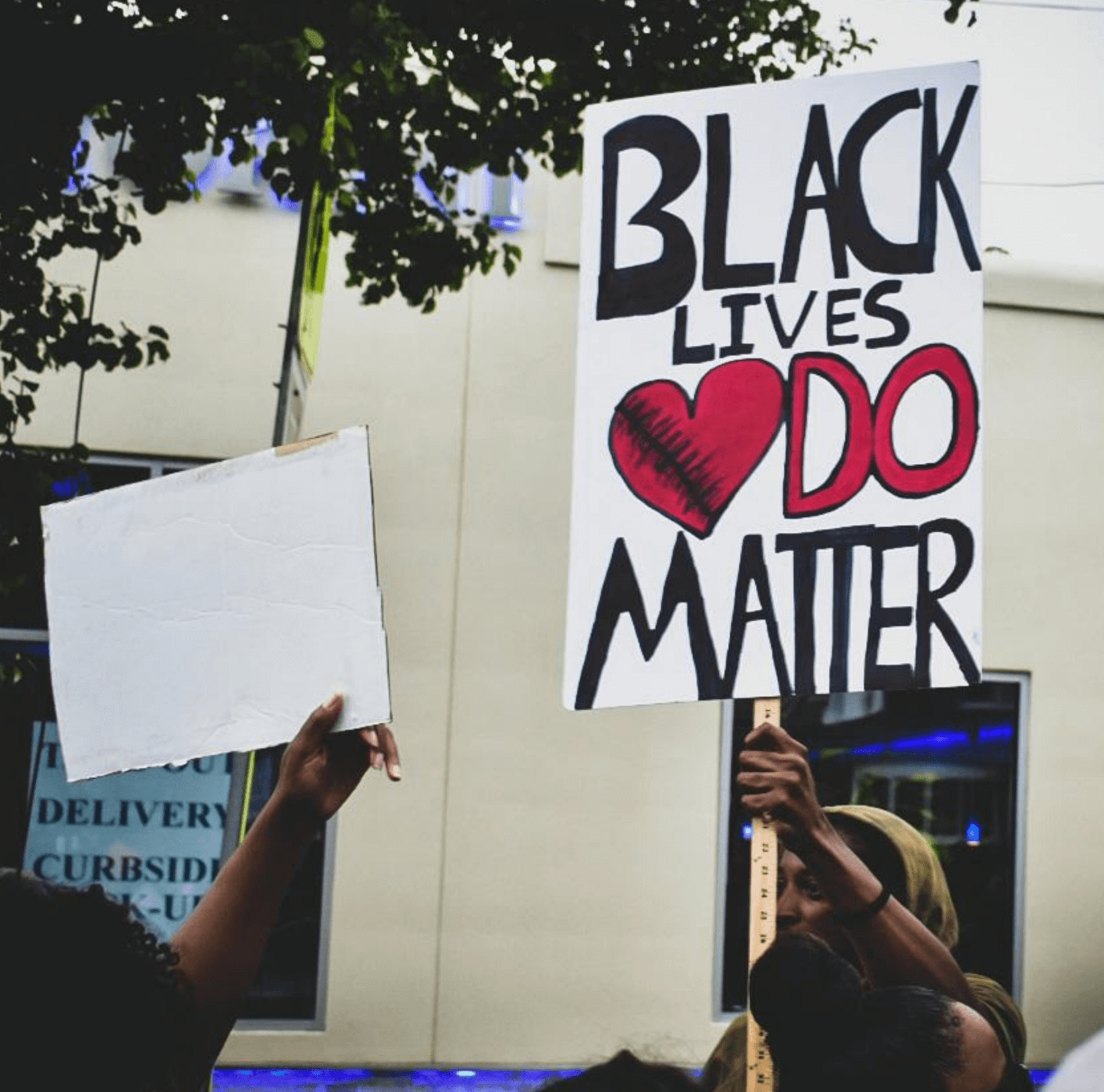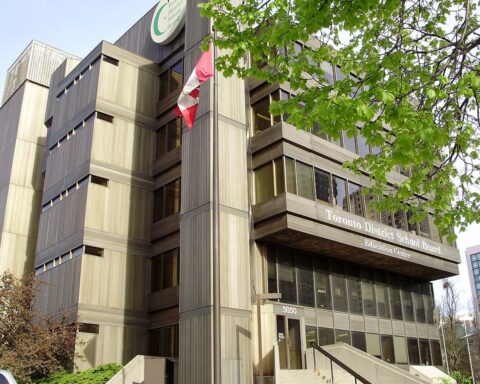Like the anger, frustration and defiant cries of “Black Lives Matter” heard over the world in recent weeks, the conversation around race and capitalization isn’t new. For years, activists, academics and linguists have been calling on the publishing industry to capitalize the “b” in Black.
That conversation has been reinvigorated in the wake of ongoing protests across the world. People are denouncing police brutality and anti-Black racism in response to the murders of multiple Black people in recent weeks. Both conversations speak to the perception of Black people and the way we are treated.
Language can evolve
In 1926, sociologist, author and civil rights activist W.E.B. Du Bois started a letter-writing campaign asking publishers to capitalize the “n” in Negro. When the editors at Encyclopaedia Britannica rejected his request, Du Bois responded in kind:
“The use of a small letter for the name of twelve million Americans and two hundred million human beings is a personal insult,” he wrote.
The editor then changed his mind and made ‘Negro’ a word requiring capitalization in 1929. Many mainstream publications followed suit.
When The New York Times released its new style guide in March of 1930, the policy on its editorial page read: “In our Style Book, Negro is now added to the list of words to be capitalized. It is not merely a typographical change, it is an act in recognition of racial respect for those who have been generations in the ‘lower case.’”
‘Black’ is a loaded word
This response perfectly encapsulates why the decision to start capitalizing Black is so important. Capitalizing Black is about respect and the recognition that Black people have been treated as “lower case” citizens for decades (read: centuries).
I sincerely hope when people type ‘black’, and they’re asked to take an extra step to capitalize the ‘b’, they’ll consider why this change is significant. It’s not even so much the fact that capitalizing Black treats the word the same as other racial identifiers such as Hispanic or Native American. The change is significant because it distinguishes Black, as in the people, from the other ways black is used.
It’s puzzling why when ‘black’ is used outside of describing a person’s colour or racial identity, it always carries a negative connotation. Think about it.
The black market revolves around the trafficking of illegal or scarce commodities. Blackmail is the act of coercion, using the threat of revealing damaging information about a person or entity unless certain demands are met. To be in someone’s ‘black book’ means being marked down or censured because of something you’ve done something that caused significant disapproval. Having a ‘black spot’ or ‘black cross’ against your name means the same thing.
A ‘black sheep’ is a member of a family or group who is regarded as a disgrace to them. ‘Blackballing’ or ‘blacklisting’ someone or something is, in essence, an act of exclusion. Either people, entities, or countries are being identified because they which should be avoided or not trusted because they’ve been deemed unacceptable.
Finally, there’s the expression “The devil isn’t so black as he is painted.” The idiom means someone isn’t as bad as they’re made out to be but the proximity of Blackness and the devil cannot be ignored.
The meaning behind ‘Black’
These may just seem like some words completely unrelated to Black people but they play a part in shaping a larger narrative. People aren’t born racist. Racism is a learned behaviour. Phrases like those mentioned teach people to associate ‘blackness’ with negative emotions like exclusion, mistrust and inadequacy. Negative expressions using the word ‘black’ reinforces the hurtful and harmful ideas put forward by stereotypes.
The media has a large role in spreading these ideas and shaping people’s perceptions. Often Black men are disproportionately associated with crime and poverty. Often, the only positive depictions of Black Men are in sports and music. But even then, the way the media talks about Black players is often steeped in racist undertones.
The most harmful depictions of Black people are one’s that portray us as dangerous. Following the O.J. Simpson murder trial, Time used a noticeably-darkened image of Simpson on its cover because they believed he looked more “menacing.”
These depictions can and do cost Black people their lives.
In 2015, the University of Illinois studied the question: are people more likely to pull the trigger of a gun if the person they’re shooting at is Black? The study revealed “people were quicker to shoot black targets with a gun, relative to white targets. And … people were more trigger-happy when shooting black targets compared to shooting white targets.” Tragically, we’ve seen this to be the case time and time again.
A new perspective
While the Canadian Press Style Guide recently made the move to officially capitalize ‘Black’ when referring to someone’s skin colour, other Canadian publications have been capitalizing Black for years. Outlets such as Maclean’s, the Toronto Star, TVO.org, and the Ryerson Review of Journalism come to mind. This is an important step in the grand scheme of achieving equity.
Before we were called ‘Black’ we were called ‘coloured’ to separate us from the supposed innocence and purity of whiteness. Sarah Glover, NBC executive and former president of the National Association of Black Journalists said capitalizing the ‘b’ in ‘Black’ affirms, “The experience and existence of an entire group of people.”
Systemic racism doesn’t mean there’s a bunch of racists within a system, it means that the system is racist as a default. These systems work together to reinforce racist ideas and attitudes that upholds the racist system. Language is a key part of that system.
As journalists, we must pay close attention to the words we use, how they’re used, their histories and their implications. We must shift the way we speak. That, I hope, will shift the way we think when it comes to race. We need to do this because people’s lives are at risk. Let’s work together to undo the negative perception of blackness.
Racism is far from eradicated and we all have a long way to go, but talking about people like they’re people who matter is a great place to start. People are listening now, more than ever.
Marcus is a poet, editor and freelance journalist based in Toronto. He currently works with New Canadian Media as an Editor and as a Freelance Writer for ByBlacks.com, The Edge: A Leader's Magazine and The Soapbox Press.




